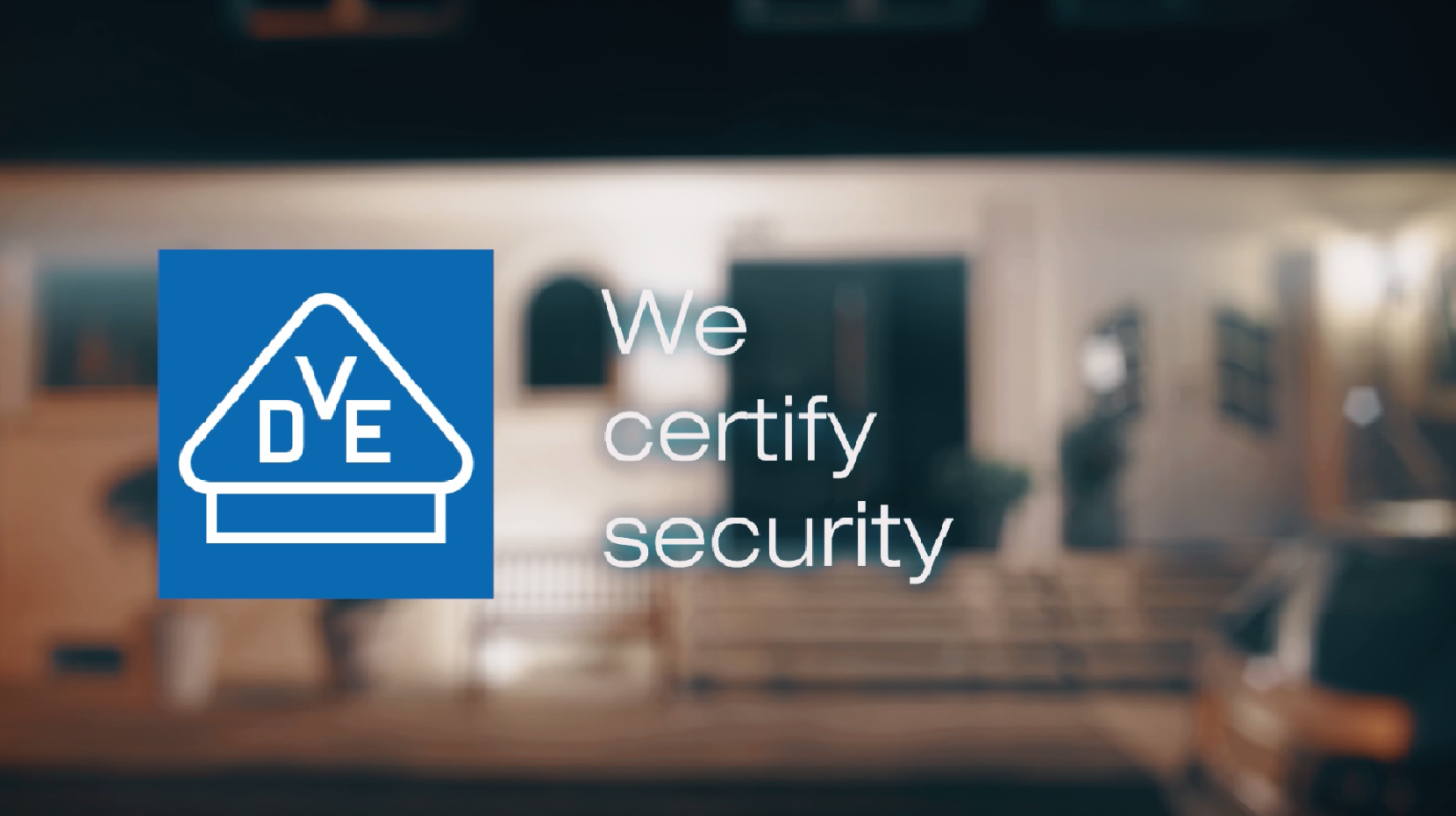Information security, IT security or cyber security?

Personal and sensitive data can be saved both on paper, computers or even in minds. Information security primarily deals with protecting and processing electronically saved information. Information security is also the state in which the confidentiality, integrity and availability of information and information technology are protected by reasonable measures.
The term information security is more comprehensive than IT security and therefore sees increased use. However, the term “IT Security” continues to be used in some publications like “IT Baseline Protection” (IT Sicherheit). Nevertheless, different texts and the standardization are becoming increasingly more tailored to examining information security. Cyber security, cybersecurity, IT safety or information security are terms that are also used very frequently, mainly when companies operate at an international level.











